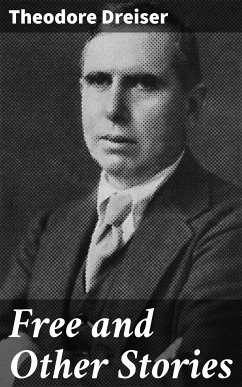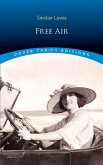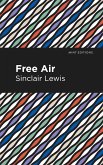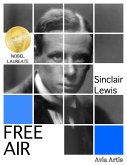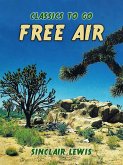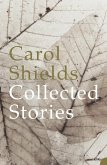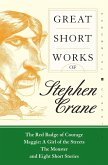In "Free and Other Stories," Theodore Dreiser showcases his masterful ability to weave complex human emotions with the stark realities of American life in the early 20th century. This collection of short stories delves into themes of freedom, ambition, and the often harsh consequences of personal choices, reflecting Dreiser's naturalistic style. His unflinching portrayal of characters grappling with societal constraints immerses the reader in a world where the struggle for self-fulfillment often clashes with the inexorable forces of fate and circumstance. Each narrative is meticulously crafted, rich with vivid imagery and psychological depth, situating them within the broader canon of American literature that seeks to expose social injustices and individual dilemmas. Theodore Dreiser, an eminent figure in American realism, drew extensively from his own tumultuous experiences and observations of life in urban America. His background, marked by financial struggles and a relentless pursuit of success, profoundly influenced his writing. Dreiser's commitment to exploring the intricacies of human nature and societal norms is evident in this collection, reflecting his belief that individual freedom is often constrained by external realities. I highly recommend "Free and Other Stories" not only for its intricate storytelling and exploration of the human condition but also for its rich historical context. Readers interested in the interplay of ambition, morality, and societal pressures will find Dreiser's acute observations remarkably resonant. This collection serves as both a literary gem and a potent commentary on the enduring quest for authenticity in an imperfect world.
Dieser Download kann aus rechtlichen Gründen nur mit Rechnungsadresse in A, B, BG, CY, CZ, D, DK, EW, FIN, F, GR, H, IRL, I, LT, L, LR, M, NL, PL, P, R, S, SLO, SK ausgeliefert werden.

